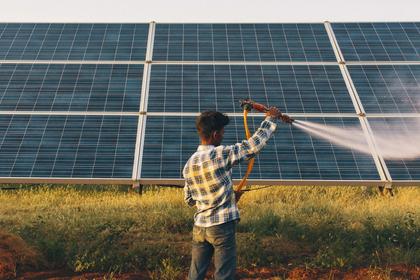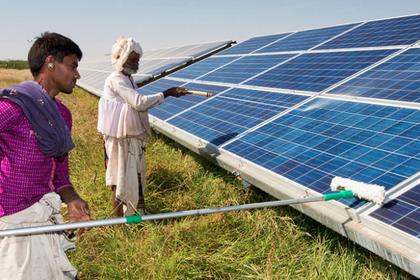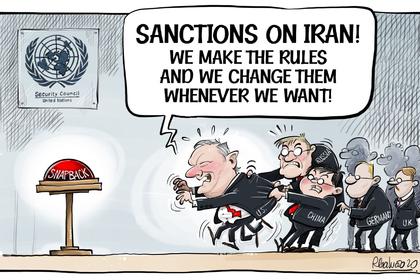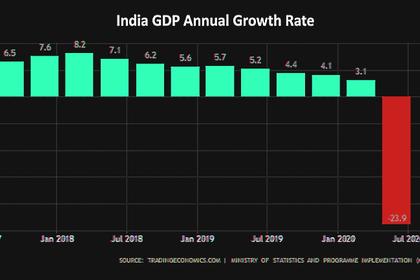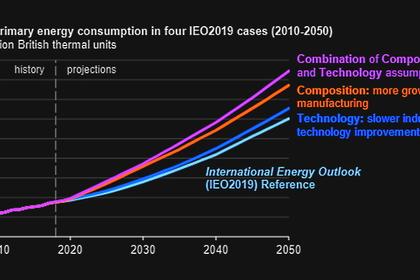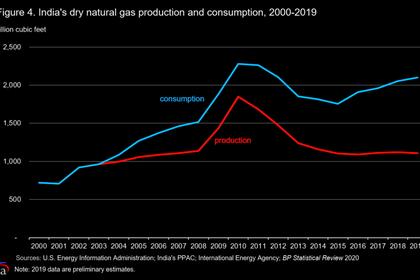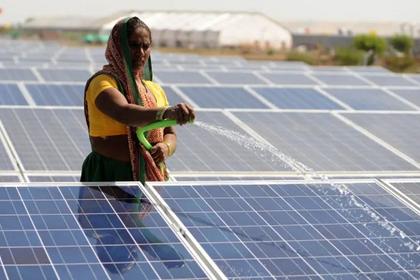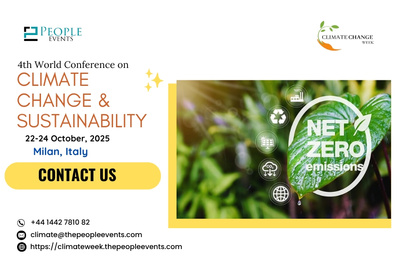
INDIA, U.S. ENERGY RELATIONS
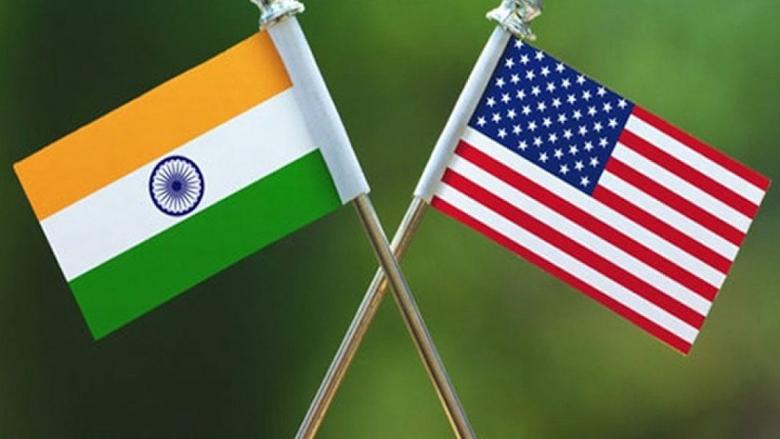
PLATTS - 02 Dec 2020 - India's energy ties with the US will be driven by mutual interests irrespective of a change of guard at the White House, Indian Oil Minister Dharmendra Pradhan said Dec 2, promising continuity in oil and gas trade policy with the US under the new Administration in 2021.
The minister favored lifting sanctions on oil-producing countries Iran and Venezuela by the new US administration under Joe Biden.
"I don't see any dampening issues between the two countries," Pradhan said.
The removal of these sanctions would give India, the world's third-largest oil importer, a wider choice of crude sources at a reasonable price.
"As a buyer, I would like to have more buying places. I should have more destinations to purchase crude oil," Pradhan said.
India meets around 83% of domestic fuel demand via overseas purchases.
He said India's relations with the new Biden Administration would strengthen the existing bond between the two economies developed during Donald Trump's presidency.
The minister said India was an attractive market for the US for innovation, alternative energy, and investment avenues.
"Our relations are very grounded," Pradhan said.
He said there would be geopolitical issues in the bilateral relations but the growing ties between the two economies would flourish under the new president.
Upstream sector
Pradhan said India has offered an extra 165,000 square km for oil and gas exploration since 2014 when the government of Prime Minister Narendra Modi took office, creating confidence among investors, including global companies such as ExxonMobil which have expressed an interest in being part of India's upstream sector. Up until 2014, India offered 90,000 sq km for oil and gas exploration.
"ExxonMobil is in active discussion with some of our companies to participate in some of our producing fields," the minister said without elaborating.
Other global energy companies such as BP, Total and Shell have a presence in India.
"This additional area under new exploration has been made possible because of our transparent policy," the minister said.
Pradhan said India's second phase of strategic oil reserve offering 6.5 million mt storage space would be developed on a commercial model involving global oil majors.
Currently, India has a strategic oil storage capacity of 74 days, below the global norm of 90 days for the strategic oil reserve.
India's oil reserves include 5.33 million mt storage capacity, built in the first phase of the reserve with public investment.
The minister said the decision to divest the government's 52.98% stake in the country's No. 2 refiner BPCL is in sync with the decision to unlock the potential of state-run companies in the oil sector.
He said the BPCL disinvestment process had attracted three companies but didn't name them because the bidding process is still ongoing.
-----
Earlier:
